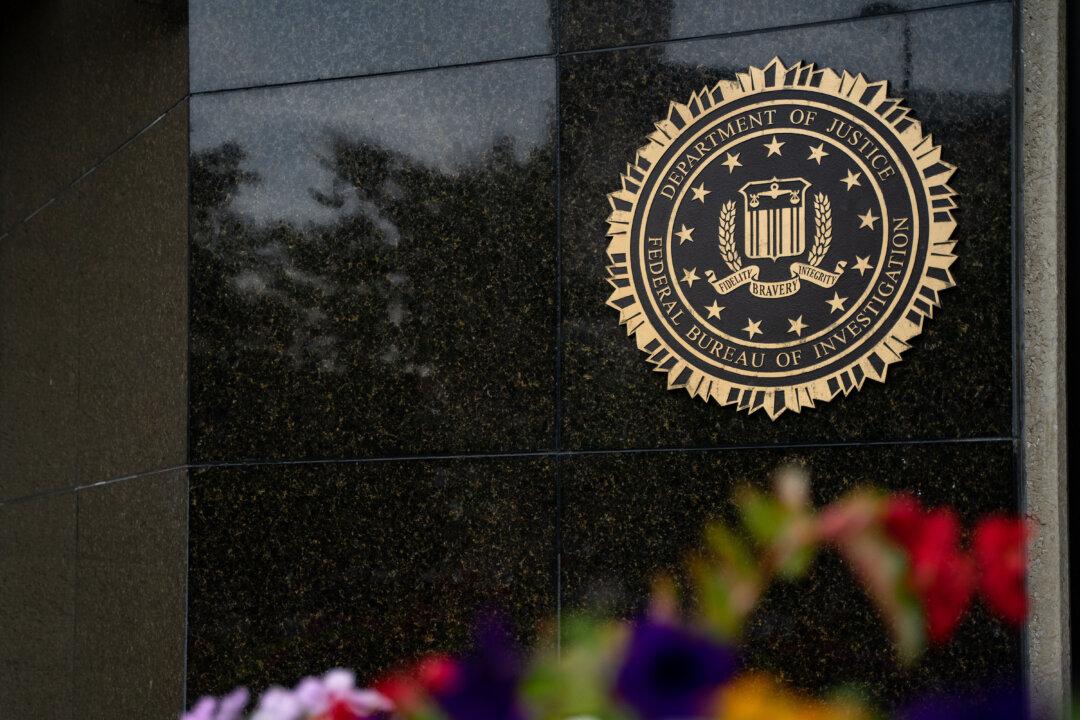Commentary
Few can doubt that if a Republican president—any Republican president—had delivered a speech like the one President Joe Biden gave in Philadelphia last week, talk of invoking the 25th Amendment to remove such a dangerously paranoid lunatic from office would have swiftly followed. And it would not have been limited to members of the opposition party.





